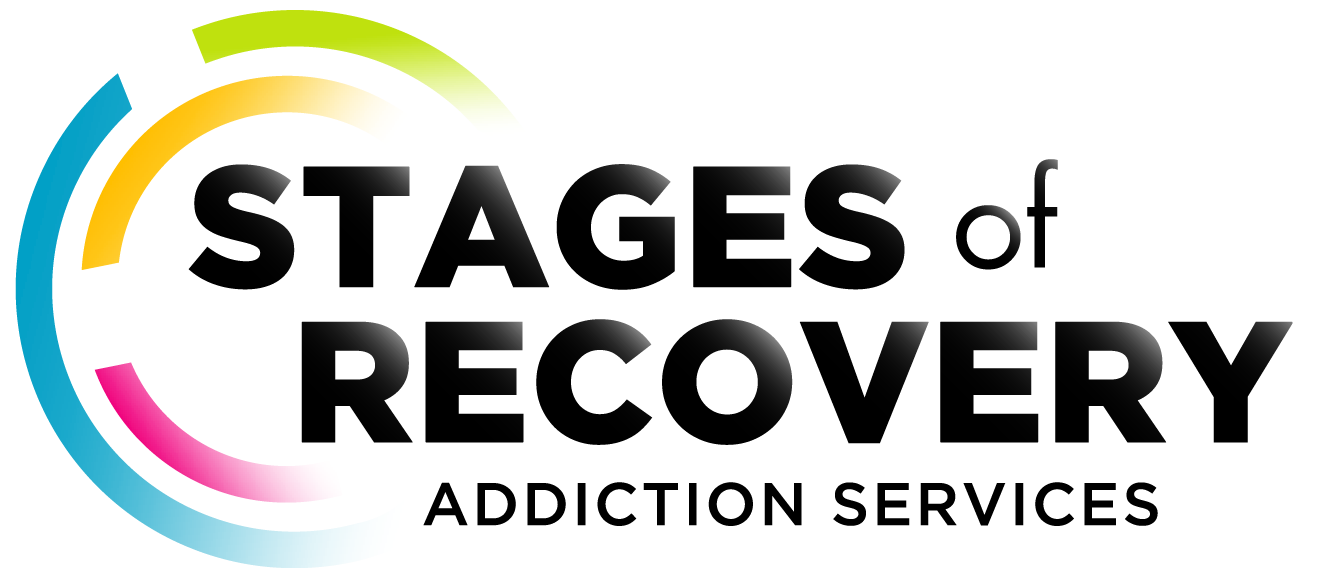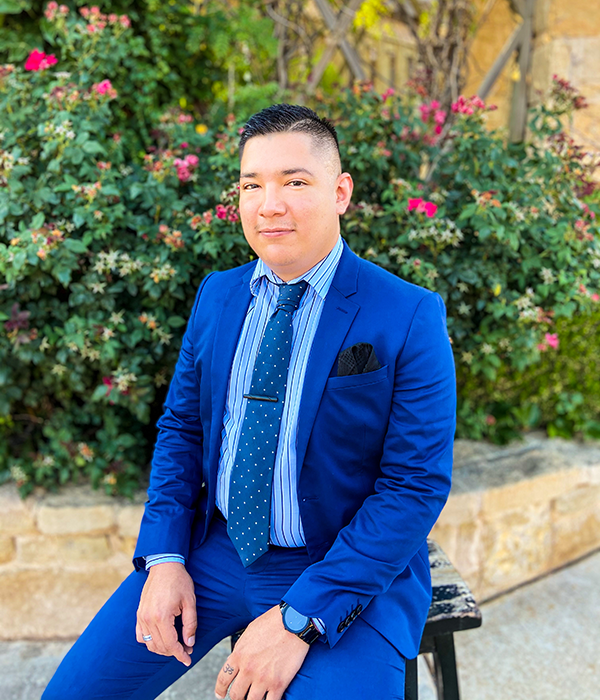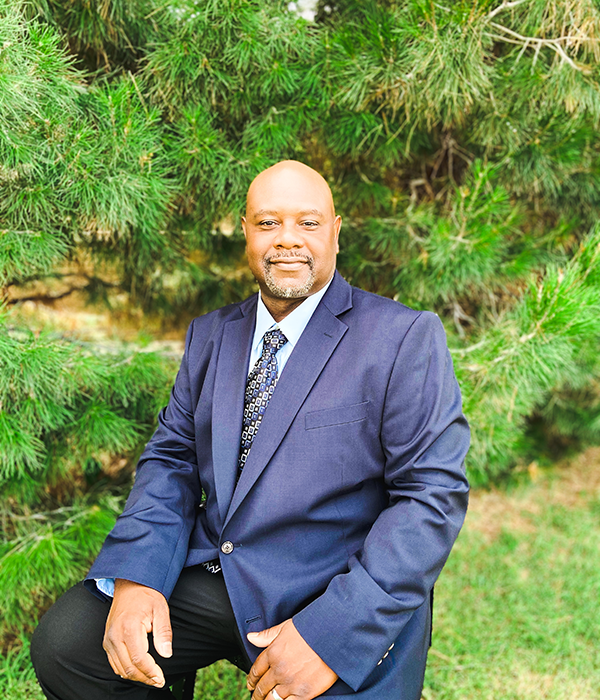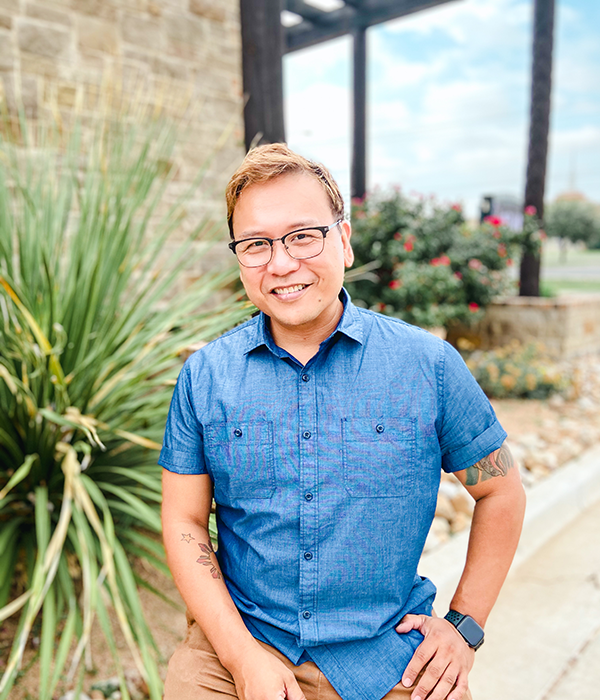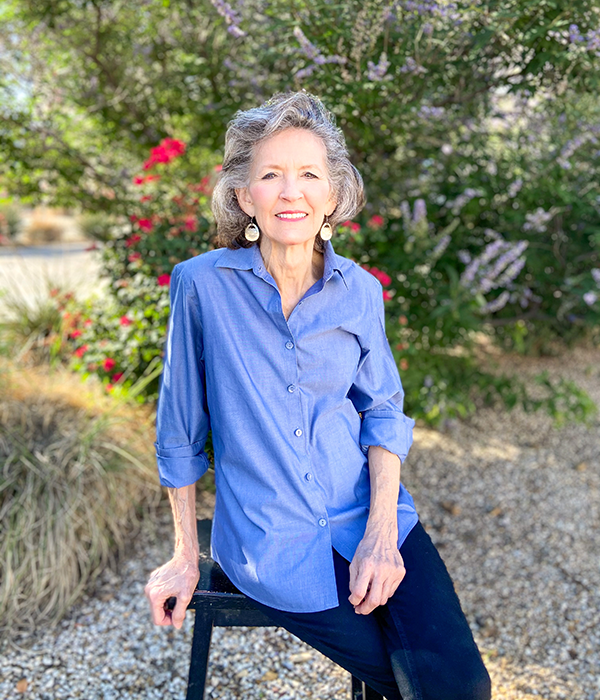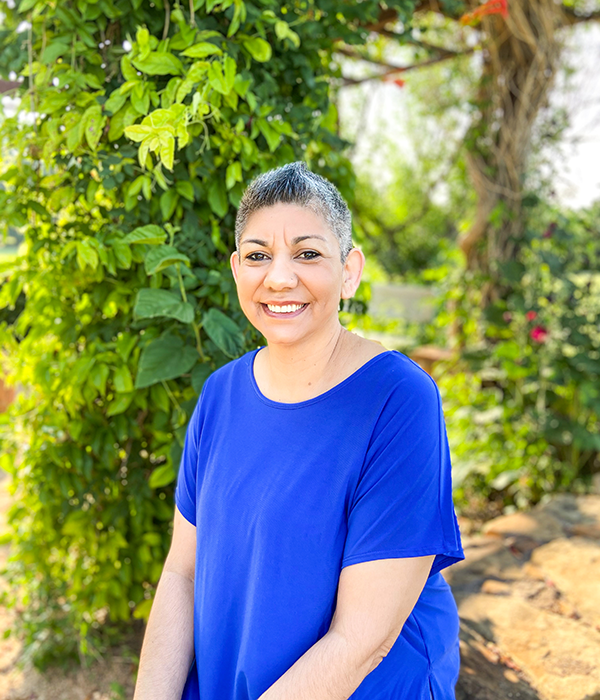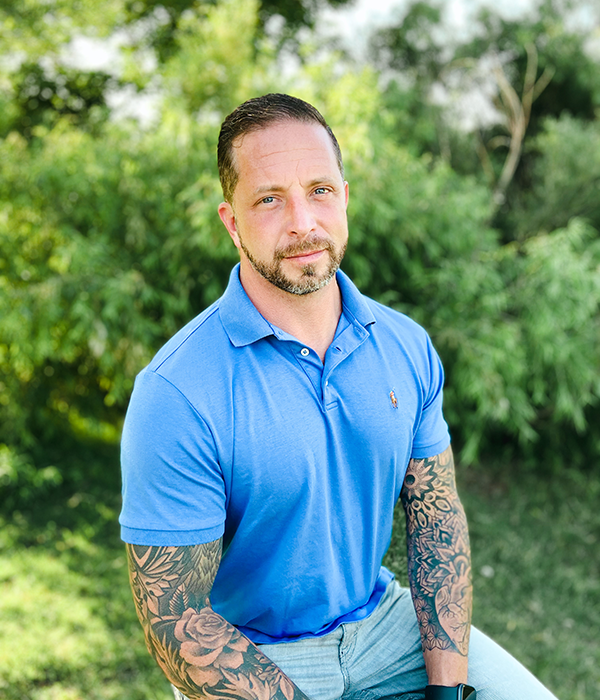Throughout life, all individuals experience a wide range of emotion. Everything from joy and ecstasy to grief and depression is possible. However, not everyone is comfortable with or even willing to accept variations of the latter. And, with regard to emotional pain, addicts are especially quick to kick and scream or attempt an avoidance or escape tactic.
The latter is due to one simple fact; they’ve spent the duration of their addiction and then some trying desperately to suppress and deny pain.
Active addicts typically utilize their substance of choice as a means or method of achieving that end. In fact, the drugs and alcohol begin to suppress and dull emotions so well, addicted individuals become seemingly numb. To a degree, that experience mirrors the initial stage of grief; denial. Incidentally, the latter is of course also exactly where active addicts typically sit with regard to their disease and the need for help.
But, in defense of active addicts everywhere, the state of denial isn’t populated by addicts alone. Generally speaking, it’s where humans feel safe and secure. It’s one reason any truth that shakes the core of one’s beliefs or forces feelings by shedding light on tragedy or injustice is typically met with resistance and distortion. To attempt to force anyone out of denial is to potentially actively engage in war with one’s ego.
Ego. It is the forerunner in the perpetuation of active addiction, and it’s not big on humility, accountability, personal growth or pain. And, as such, active addicts who are seemingly controlled by ego continue to refuse to deal with themselves, their underlying emotional or mental issues or the disease of addiction, itself. They remain in denial and defend their state with the fervor of native Texans.
That’s one reason rock bottom isn’t always low enough. The pain has to be so great that it outweighs any level of intoxication and outnumbers the enablers left standing in false support. More importantly, the active addict has to come to realize that the substance of choice is no longer suppressing or numbing pain, but seemingly adding to it.
That wakeup call occurs in seconds, and unfortunately it can be quite fleeting. Why? Because pain, however, is not.
Pain lasts longer than detox. It extends past twenty-eight days. And, typically speaking, when the drugs, alcohol and numbness wear off and the physical ramifications of withdrawal have dissipated, the guilt, shame, grief and pain floods in, along with numerous other overwhelming and sometimes mixed emotions.
Additionally, the grief alone is a process. And, generally, it is intensified in recovery because addicts must let go of everything they know, including themselves, or at least the identity they have acquired during their active addiction. As such, emotional recovery becomes a vital piece of recovering from addiction.
However, not all recovering addicts seek or receive emotional recovery; a fact which may contribute greatly to the staggeringly high statistics on relapse. But, for the record, there isn’t an individual alive—addicted, recovering or not—who couldn’t benefit from emotional growth and healing. Why? Because everyone experiences pain. Everyone.
The experience of pain doesn’t always equate a diagnosis. More often than not, it’s simply part of being human. We are meant to feel pain. To deny, suppress, avoid and escape pain only prolongs and ultimately intensifies and multiplies it. In fact, eventually, the unresolved painful emotions can have a very detrimental physical effect.
Part of successful recovery is realizing it will hurt. Recovery, personal growth, letting go, starting over, being born again—whatever label is placed on the process, it will hurt. Why? Because it is birth; the birth of a new you.
And, yes. You are supposed to feel pain. Moreover, you are supposed to feel. Period. It is one way to know you are more than just merely alive. You’re living.

